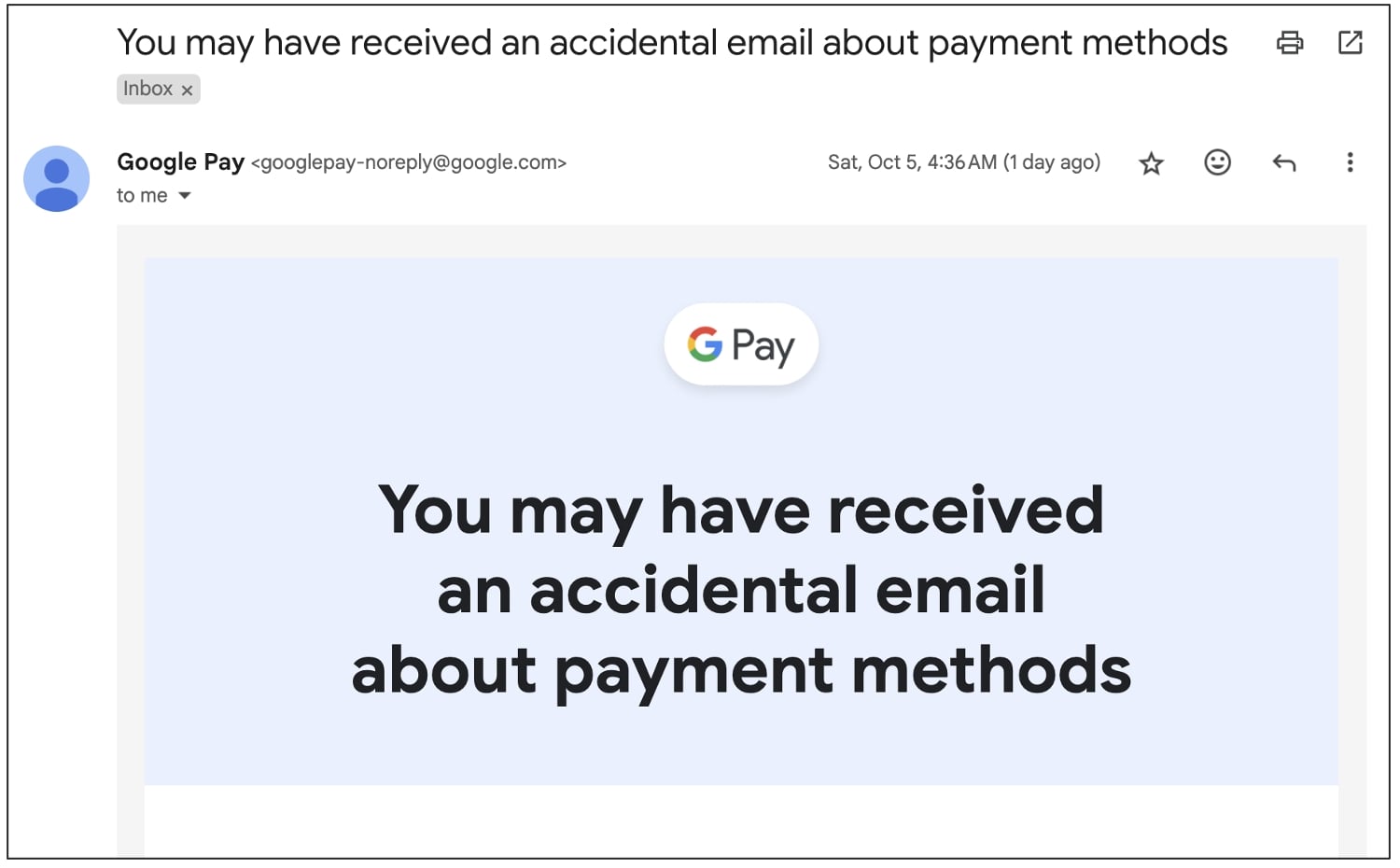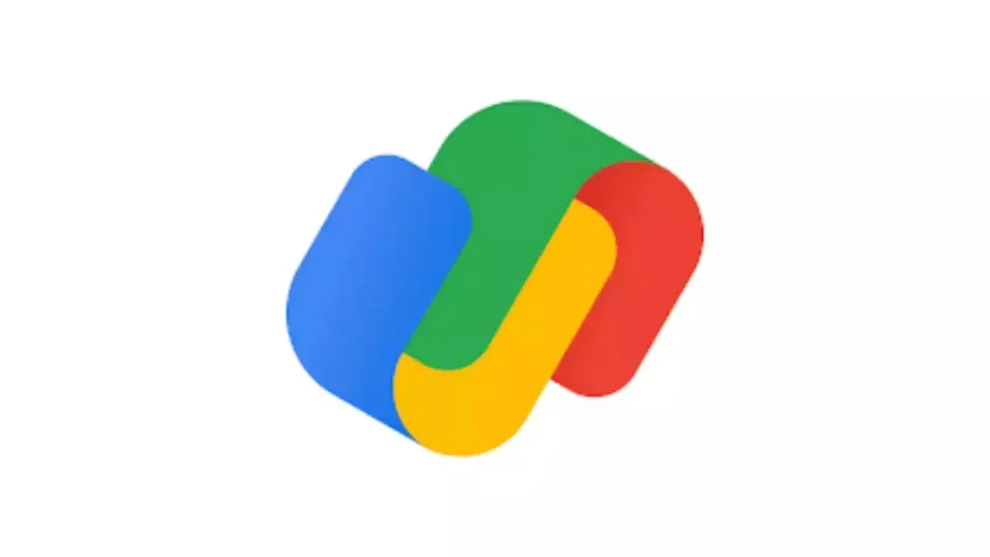Google Pay users worldwide were jolted by mysterious notifications claiming new cards had been added to their accounts. This incident, occurring between October 3 and 4, 2024, sparked widespread concern about potential security breaches and account compromises. However, as this reporter discovered, the truth behind these notifications is more complex than it first appeared.
On the morning of October 3, 2024, social media platforms erupted with posts from worried Google Pay users. Sarah Thompson, a software engineer from Seattle, recounts her experience: “I woke up to an email saying a new card was added to my Google Pay. My heart sank. I thought someone had hacked my account.”
Thompson wasn’t alone. Thousands of users across the globe reported similar notifications, each claiming that a new card was ready for use in their Google Pay wallets. The twist? Many recognized these cards as their own, but ones that had expired months or even years ago.
I received notifications for three different cards, all of which I had used in the past but were no longer valid,” says Mark Rodriguez, a small business owner from Miami. “It was like my Google Pay account was haunted by the ghosts of credit cards past.”
As reports flooded in, it became clear that this wasn’t an isolated issue. Users from various countries, including the United States, United Kingdom, and Australia, reported similar experiences. Some, like Emily Chen from San Francisco, received multiple notifications: “I had about 15 emails in my inbox, all saying different cards were added to my Google Pay. It was overwhelming and frankly, terrifying.”
As panic spread, Google’s social media team swung into action. Within hours of the first reports, official Google accounts on platforms like X (formerly Twitter) began responding to concerned users.
We want to assure you that these email notifications were sent by mistake,” read one of Google’s responses. There has been no unauthorized access to your account.”
This prompt response provided some relief, but questions lingered. How could such a widespread error occur? And what exactly triggered these notifications?
As this reporter dug deeper, it became clear that the incident was not a result of a security breach but rather a technical glitch in Google’s systems. A Google spokesperson, speaking on condition of anonymity, provided more details:
“Our team identified a bug in our notification system that erroneously triggered emails about card additions. These notifications referenced expired cards that were previously associated with users’ accounts but had been removed from active use.
The spokesperson emphasized that at no point were users’ current payment methods or personal information compromised.
This incident, while ultimately not a security breach, has raised important questions about user trust in digital payment systems. Dr. Lisa Feng, a cybersecurity expert at MIT, offers her perspective:

“While it’s reassuring that this wasn’t a hack, it highlights the delicate nature of trust in digital finance. Users entrust these platforms with sensitive financial information, and any hint of irregularity can cause significant anxiety.”
Indeed, the incident has prompted many users to reassess their digital security practices. John Davis, a cybersecurity consultant, advises: “This is a good reminder for users to regularly review their account activities and enable all available security features, such as two-factor authentication.
In the days following the incident, Google took several steps to restore user confidence. On October 5, 2024, the company sent out a mass email to all affected users, explaining the situation in detail and apologizing for the confusion caused.
“We understand the concern and inconvenience this may have caused,” the email stated. “We want to assure you that your Google Pay account remains secure, and no unauthorized actions were taken on your behalf.”
Additionally, Google announced plans to conduct a thorough review of its notification systems to prevent similar incidents in the future.
This incident has brought the topic of digital wallet security into sharp focus. With the increasing reliance on digital payment methods, experts stress the importance of robust security measures.
Digital wallets are convenient, but they also concentrate a lot of sensitive financial information in one place,” notes Emma Roberts, a fintech analyst at Global Financial Insights. “Companies need to be vigilant not just against external threats, but also internal system errors that can erode user trust.”
As the dust settles on this incident, both users and industry experts are reflecting on the lessons learned. Google has promised increased transparency in its operations and more rigorous testing of its notification systems.
For users, the incident serves as a reminder of the importance of digital vigilance. It’s crucial to stay informed and act quickly if you notice any suspicious activity,” advises cyber safety educator Michael Chang. “But it’s equally important not to panic. Sometimes, as in this case, there’s a benign explanation behind seemingly alarming notifications.”
The Google Pay notification incident of October 2024 serves as a stark reminder of the fragility of user trust in digital payment systems. While it turned out to be a technical glitch rather than a security breach, the event highlighted the critical importance of clear communication, swift response, and robust system checks in maintaining user confidence.
As we continue to embrace the convenience of digital wallets, this incident underscores the need for both users and providers to remain vigilant. For users, it’s a call to stay informed and proactive about their digital security. For companies like Google, it’s a reminder that in the world of digital finance, trust is their most valuable currency – and maintaining it requires constant attention and transparency.
In an era where our financial lives are increasingly digital, incidents like these serve not as deterrents, but as catalysts for improvement, pushing the industry towards even greater security and reliability.
















Add Comment